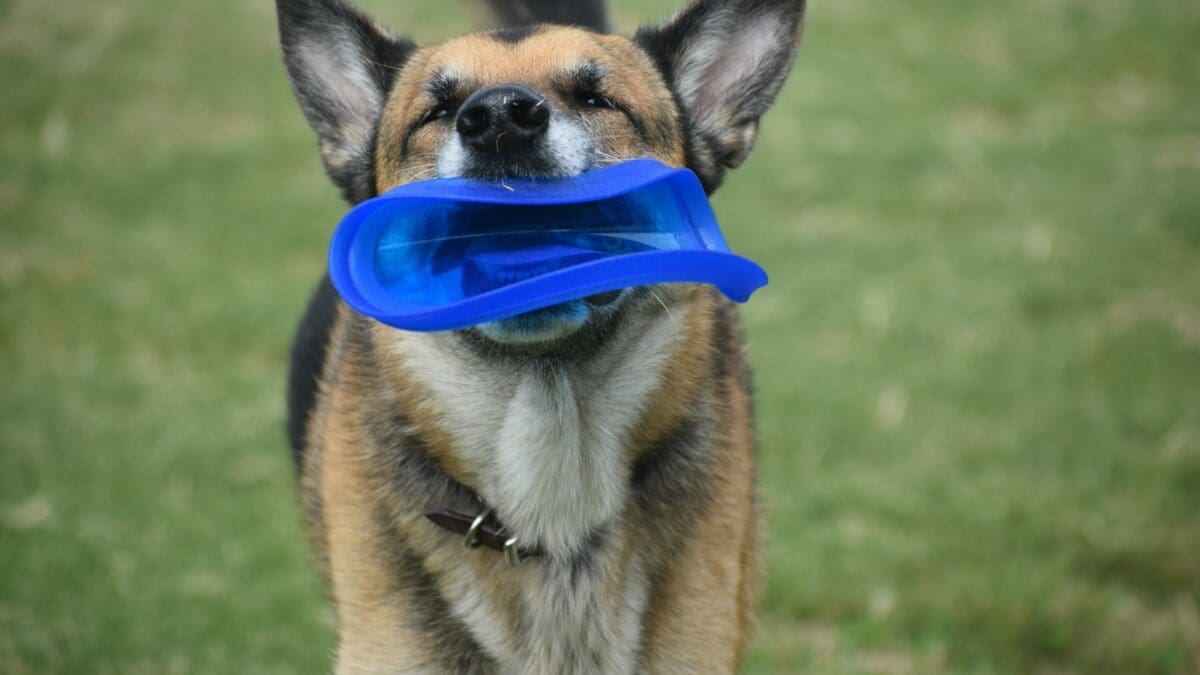Health
Report exposes lack of regulation on pet toys and microplastic risks

By spotlighting code 5-1-14, Animal Control aims to educate the community on responsible pet ownership and reduce preventable violations. Photo: Unsplash // Mark Felice
PARK CITY, Utah — A new report was just released by Earthday.org, which discusses the current state of research and regulation around the globe with regard to pets and plastics.
Dogs as sentinel animals for humans
According to research from 2024, 66% of households in the US own a pet, which equates to just under 90 million homes. 65.1 million of them own a dog, and 46.5 million own a cat. The third most popular pets globally are fish! Dogs are so much a part of our lives that they are considered “sentinel” animals for exposure to plastic chemicals and particulates for humans, much like the canary in a coalmine for carbon monoxide.
A recent study by a team of scientists at the College of Nursing at the University of New Mexico discovered microplastics in the testes of both dogs and humans and it is helping researchers understand declining sperm counts in men. The sperm count in the dogs’ testes was lower in samples with higher contamination of Polyvinyl chloride, a form of plastic.
Microplastics in household dust
Microplastics and microfibers shed into the atmosphere from plastics and synthetic materials like polyester and nylon and become a component of household dust, which our pets, like us, inhale. Studies have found high levels of plastic related flame-retardant chemicals (PBDE’s) in the blood serum of dogs and cats.
Plastics leach into gums, stomachs and skin
Plastic additive chemicals in pet toys, such as phthalates and bisphenol-A (BPA), leach into our pets’ gums, stomachs and skin. This is extremely bad for their health. Similar toys are sold for teething babies.
Lack of regulation
The pet care market is projected to grow approx. 5.1% per year. Yet pet toys on the market have not been vetted by federal, state or global agencies. The Consumer Products Safety Commission, CPSC, which is dedicated to reducing ‘the unreasonable risk of injuries and deaths associated with consumer products,’ has never recalled a pet toy because it was deemed to be hazardous. The Commission argues that it could only do that if a pet toy was deemed dangerous to a human as it has no authority to protect pets.
The U.S. Food and Drug Administration (FDA) does not regulate pet accessories, toys, beds, crates, grooming aids, or cat litter.
“There are virtually no federal or state laws, which expressly apply solely to the manufacture and sale of pet toys. However, as a result of past consumer concerns it is possible that in the future there may be limitations on the amount of lead and/or other chemicals contained in pet toys,” according to the American Pet Products Association (APPA)



















